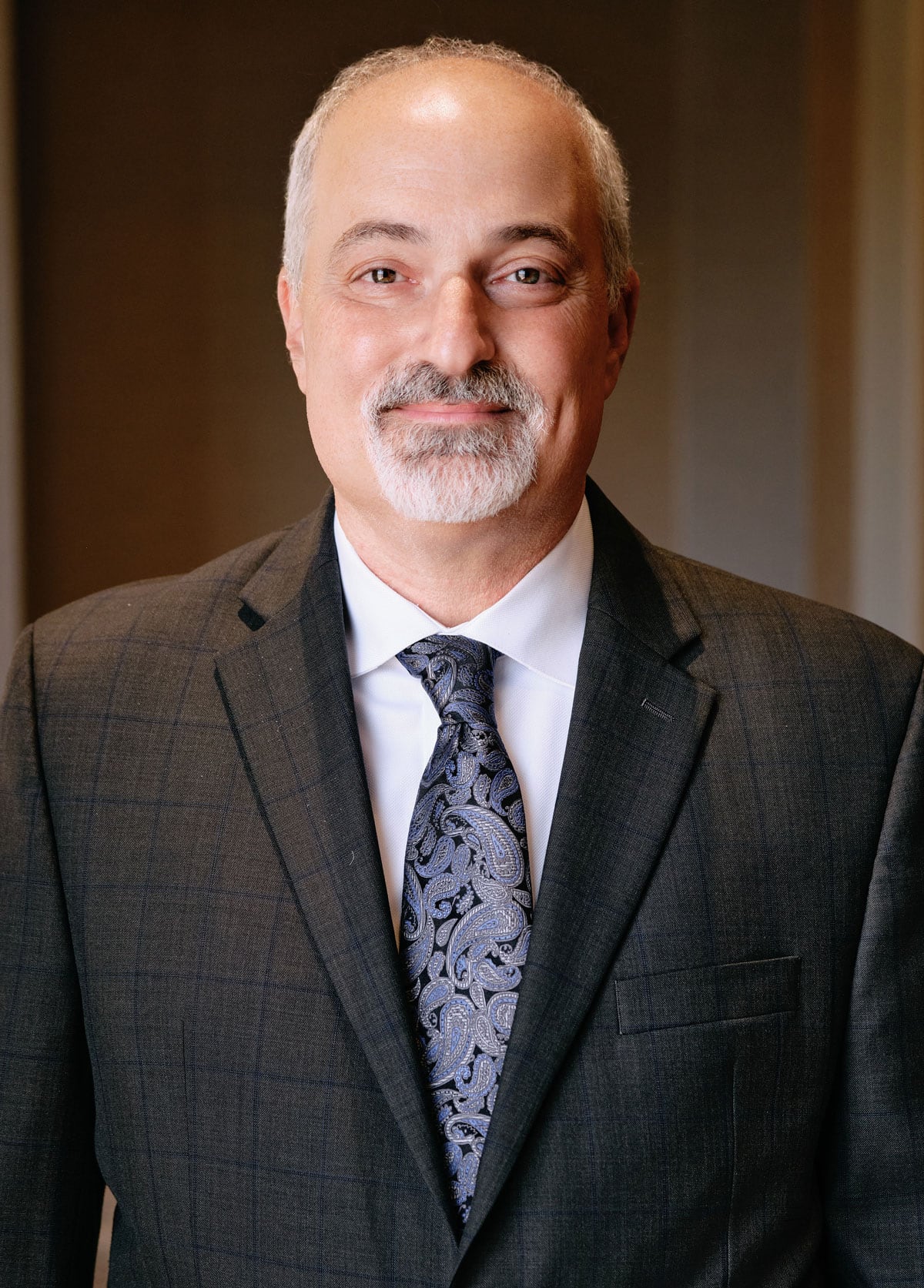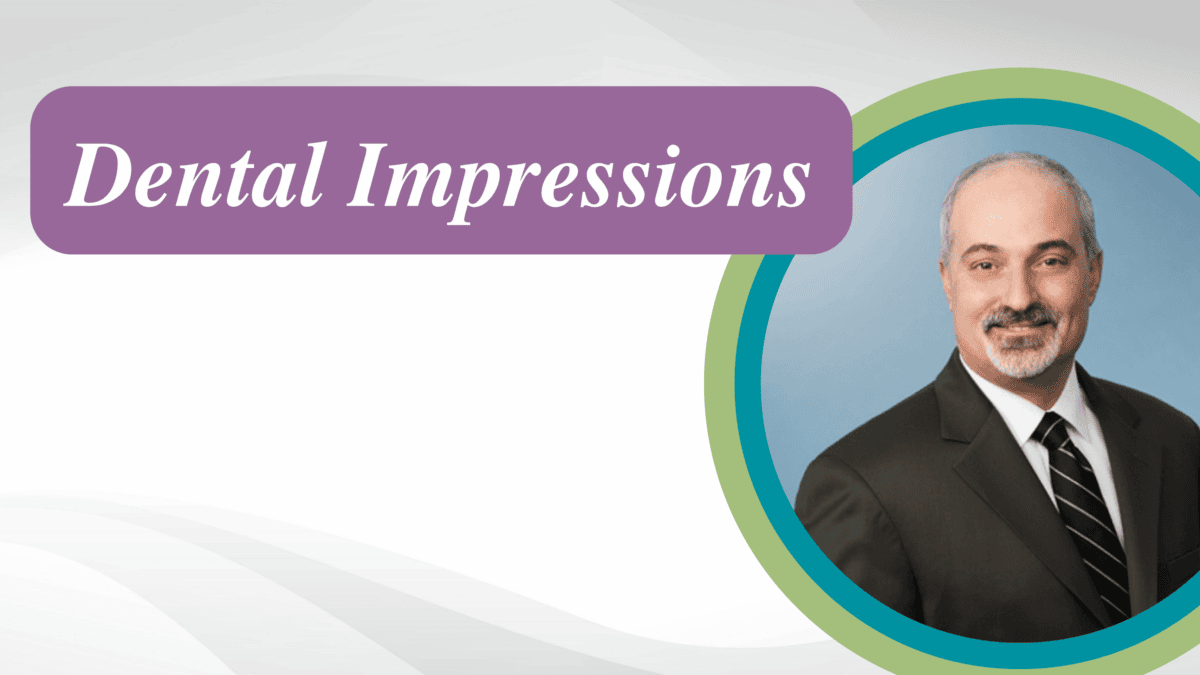News
It Is Necessary to Acknowledge Fraud and Abuse in Dentistry
By Mike Adelberg , NADP Executive Director
, NADP Executive Director
It Is Necessary to Acknowledge Fraud and Abuse in Dentistry
Earlier this month, I had the opportunity to hear Dr. Oz, the new Center for Medicare and Medicaid Services Administrator, speak. Regardless of what you might think about the current political environment, his comments about “crushing” fraud and abuse in Medicare and Medicaid are compelling and applicable across the entire healthcare landscape, including dental. Among his key points:
- There needs to be greater emphasis on preventing bad payments instead of wasting time, money, and resources trying to claw back bad payments after the fact.
- The government and the private sector need to collaborate. If one organization is being scammed, it is likely others are too. There are significant efficiencies and process improvements to be gained from collaboration.
Everyone pays for fraud and abuse. Consumers pay with higher insurance premiums and cost sharing. Providers and insurers pay with increased administrative burden and heightened distrust. Everyone loses when money is diverted from paying good providers delivering necessary services.
The large majority of dental providers are highly professional and honest. But we need to acknowledge that there are bad apples in the profession.
Accessing the problem: In September 2024, Becker’s Dental+DSO Review reported on a spate of dentist criminal convictions. Among them:
- A Texas dental clinic operator was sentenced to 60 months in federal prison for his role in a $6.9 million fraud scheme.
- A California dentist and two of her employees were sentenced for defrauding the state Medi-Cal program of nearly $800,000.
- A former Maryland dentist was ordered to pay $8.5 million in restitution for Medicaid fraud.
This constitutes millions of dollars that providers knowingly stole from the government and U.S. citizens. Sadly, while getting caught defrauding the government might result in an exclusion from government programs, it does not stop the fraudster from trying again with commercial dental plans. A January 2025 investigative report found 12 cases of dentist fraudsters keeping their state dental license. There is no national compilation of the licenses pulled by state dental boards.
To its credit, the dental profession has codes of ethics and conduct that bind dentists to high standards. For example, The American Dental Association’s Code of Professional Conduct, include this provision:
UNNECESSARY SERVICES: A dentist who recommends or performs unnecessary dental services or procedures is engaged in unethical conduct. The dentist’s ethical obligation in this matter applies regardless of the type of practice arrangement or contractual obligations in which they provide patient care.
According to the Association of Certified Fraud Examiners (ACFE), dental spending in the U.S. is expected to reach $230 billion annually by 2030. A 2017 study from the National Health Care Anti-Fraud Association estimates that about 5 percent of the annual dental spend ($12.5 billion) is lost to dental fraud and abuse. It is regrettable that I have to cite such an old study but there is nothing newer that I can cite. I take this as evidence that more attention is needed regarding dental fraud.
There are roughly 200,000 dentists in the U.S., about a third of whom take Medicaid according to the American Dental Association. The Department of Health and Human Services Office of Inspector General reports 330 open investigations on dentists in 2022. This small number (0.2 percent) suggests that dental fraud may be under-investigated.
Addressing the problem: Dental plans have systems in place to detect aberrant activity. While there are legitimate reasons that an honest provider can show up as an outlier, dental plans owe it to their upstream payers (employers and the government) to look at outliers. They also owe it to patients who may be receiving unnecessary or even unsafe services. Dental plans work hard to prevent bad payments without putting undue burden on good providers—though this is a tricky balance to strike.
While providers might not enjoy being examined, I hope they understand the necessity of the inquiries. While preventing fraud and abuse is the goal, communication, transparency and respect between dental plans and providers are critical to addressing legitimate concerns while maintaining positive relationships.
Nobody likes talking about fraud and abuse in dentistry, but it is real, and dental plans have a responsibility to address it.
I look forward to revisiting this topic in the future.




